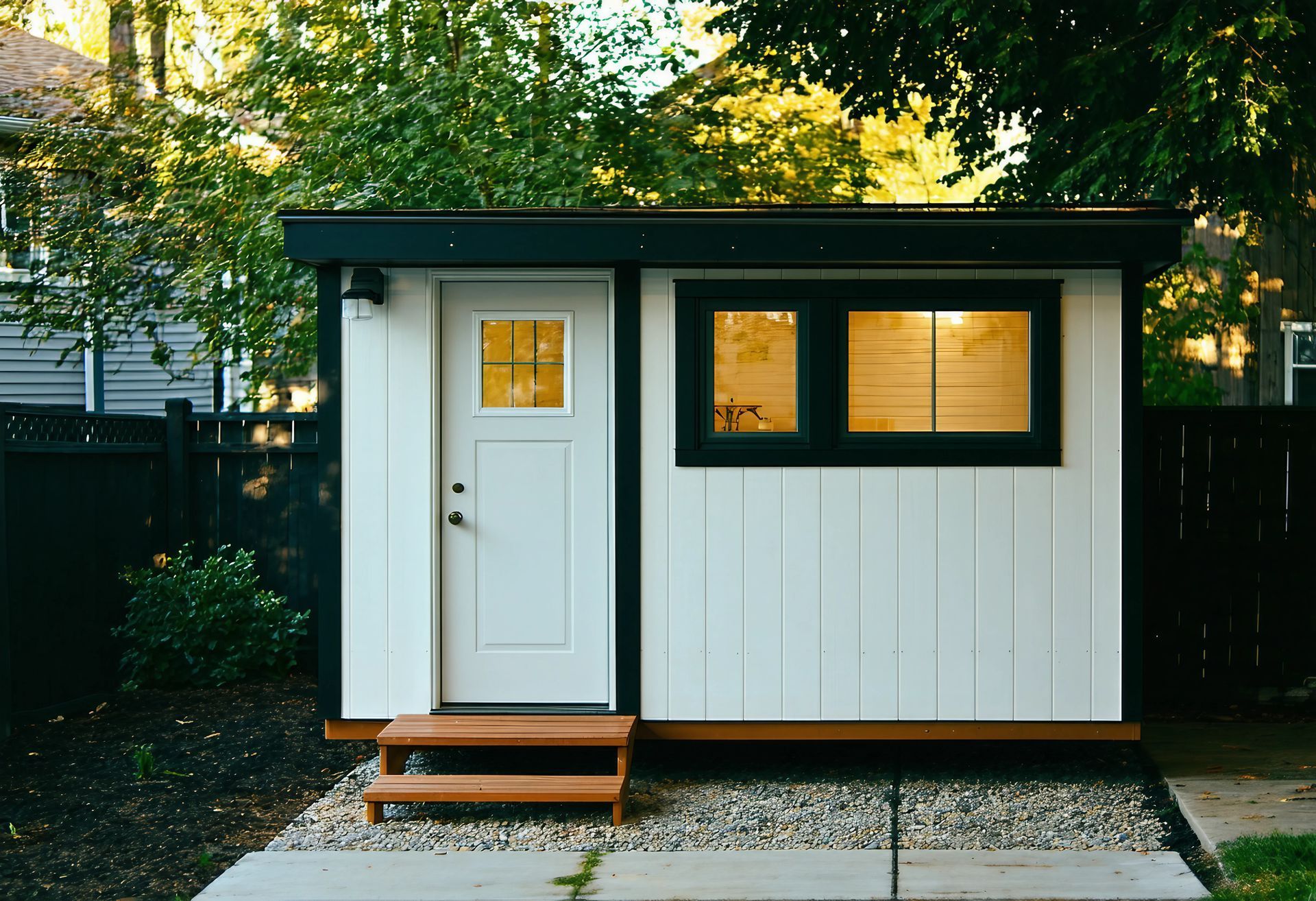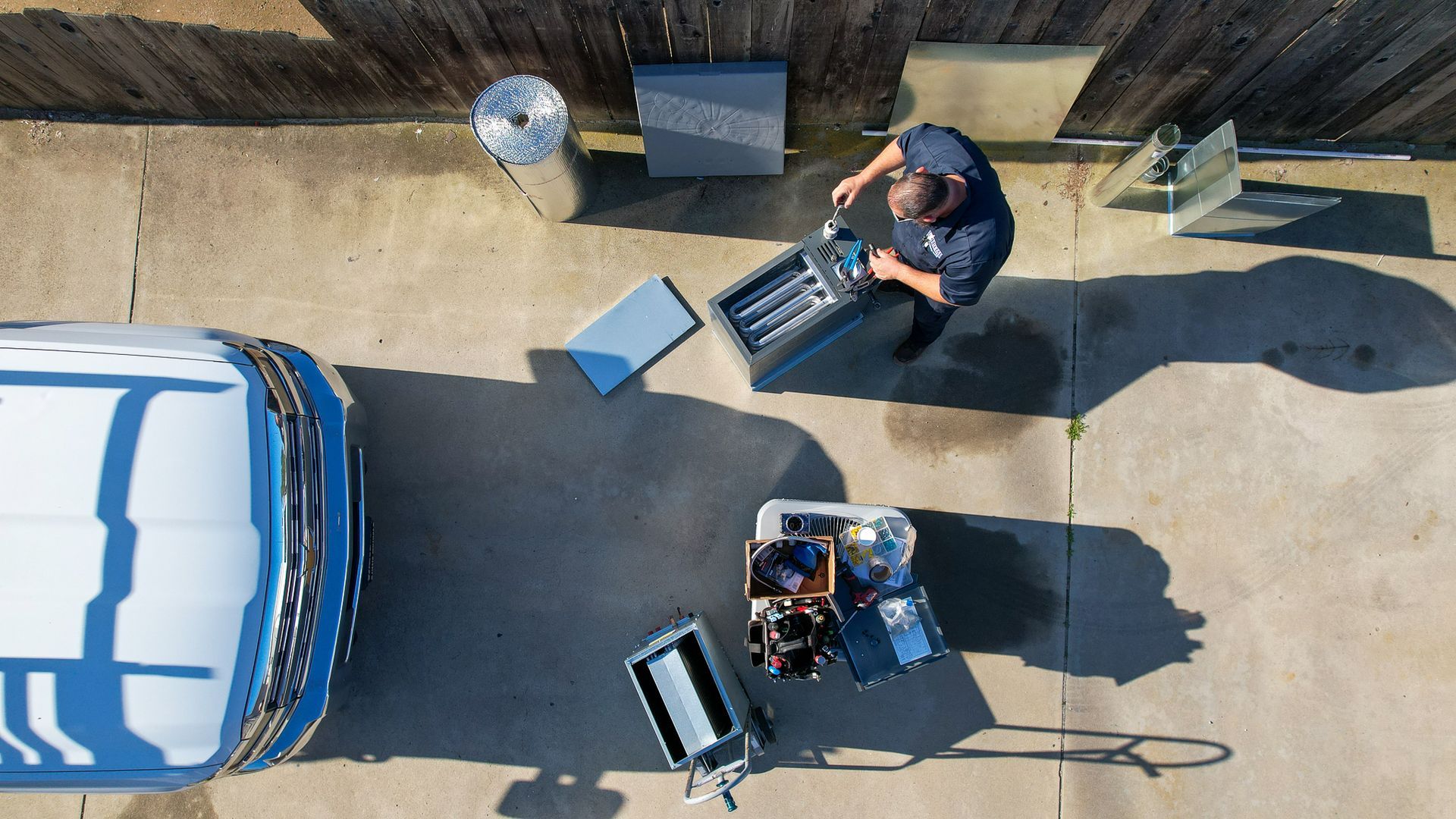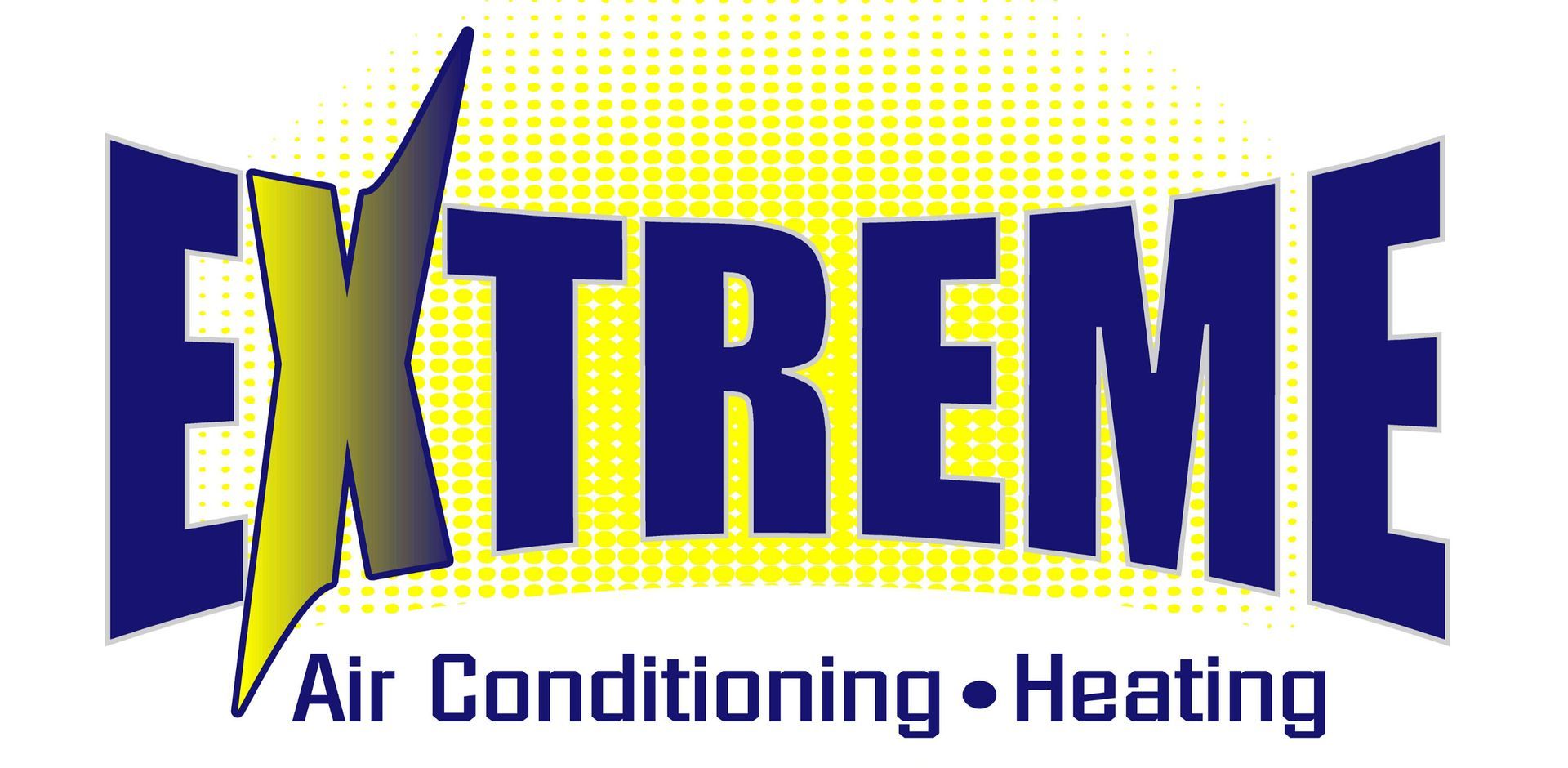The Cost of Comfort: Analyzing the ROI of a New HVAC Installation
Installing a new HVAC system is a significant investment that many homeowners might approach with caution due to the initial costs involved. However, when considering the long-term benefits, including energy savings, increased property value, and potential tax incentives, the return on investment (ROI) can make this upgrade a wise financial decision. This article dives deep into these factors to help you understand why investing in a new, more efficient HVAC system could benefit your home and your wallet.
Energy Savings: Lower Bills, Higher Efficiency
The most immediate benefit of upgrading to a new HVAC system is the potential for substantial energy savings. Modern HVAC systems are designed to be much more efficient than older models. This efficiency comes from technological advancements, including better compressors, smarter thermostats, and more effective heat exchangers. For example, replacing an old system with a new ENERGY STAR-rated model can save homeowners 20% to 40% on their heating and cooling costs annually.
Quantifying Savings
If your average annual energy bill is $2,000 with an old HVAC system, upgrading to a more efficient system could save you between $400 and $800 yearly. These savings can significantly offset the initial installation cost over the typical lifespan of a system (about 15-20 years).
Increased Property Value
Another significant aspect of the ROI from a new HVAC system is the increase in property value it can provide. A new, efficient HVAC system is a key selling point that can attract buyers looking for a home that requires less maintenance and lower operational costs. According to real estate experts, homeowners can expect a return of at least 50% of their HVAC investment in terms of property value increase. This figure can be much higher in many cases, especially in markets where energy efficiency is highly valued.
Attracting Eco-Conscious Buyers
As environmental concerns become more prominent, eco-friendly home features have become a significant draw for homebuyers. An efficient HVAC system reduces utility bills and minimizes the home's carbon footprint, making your property more attractive to a growing demographic of eco-conscious buyers.
Tax Incentives and Rebates
Many governments and utility companies offer tax incentives, rebates, and other programs to homeowners who install energy-efficient HVAC systems to encourage energy conservation. These can include:
- Federal Tax Credits: Homeowners in the U.S. can take advantage of tax credits for certain energy-efficient HVAC systems (check the latest IRS guidelines or speak with a tax professional for specifics).
- State and Local Rebates: Many states and municipalities also offer incentives to reduce costs further.
- Utility Rebates: Some local utility companies provide rebates for installing energy-efficient systems, which can help offset the initial cost.
Navigating the Incentives
It's important to research and apply for these incentives as soon as possible, as they can change annually and are sometimes available on a first-come, first-served basis. These incentives can significantly decrease the overall cost and improve the ROI of your new HVAC installation.
Long-Term Durability and Reduced Maintenance
Modern HVAC systems operate more efficiently and are designed to be more durable and require less maintenance than older systems. This translates into additional cost savings over the system's lifetime, including fewer repair bills and a longer period before replacement is necessary. Moreover, many manufacturers offer extensive warranties to protect your investment for years.
Conclusion
While the upfront cost of a new HVAC system can be substantial, the long-term savings, increased home value, and potential tax incentives often lead to a favorable ROI. By choosing a modern, energy-efficient system, you're enhancing your comfort and making a wise financial investment that can pay dividends for years to come. As you consider upgrading your HVAC system, consult with HVAC professionals who can provide tailored advice based on your specific home and needs, ensuring that you maximize the benefits of your investment.



